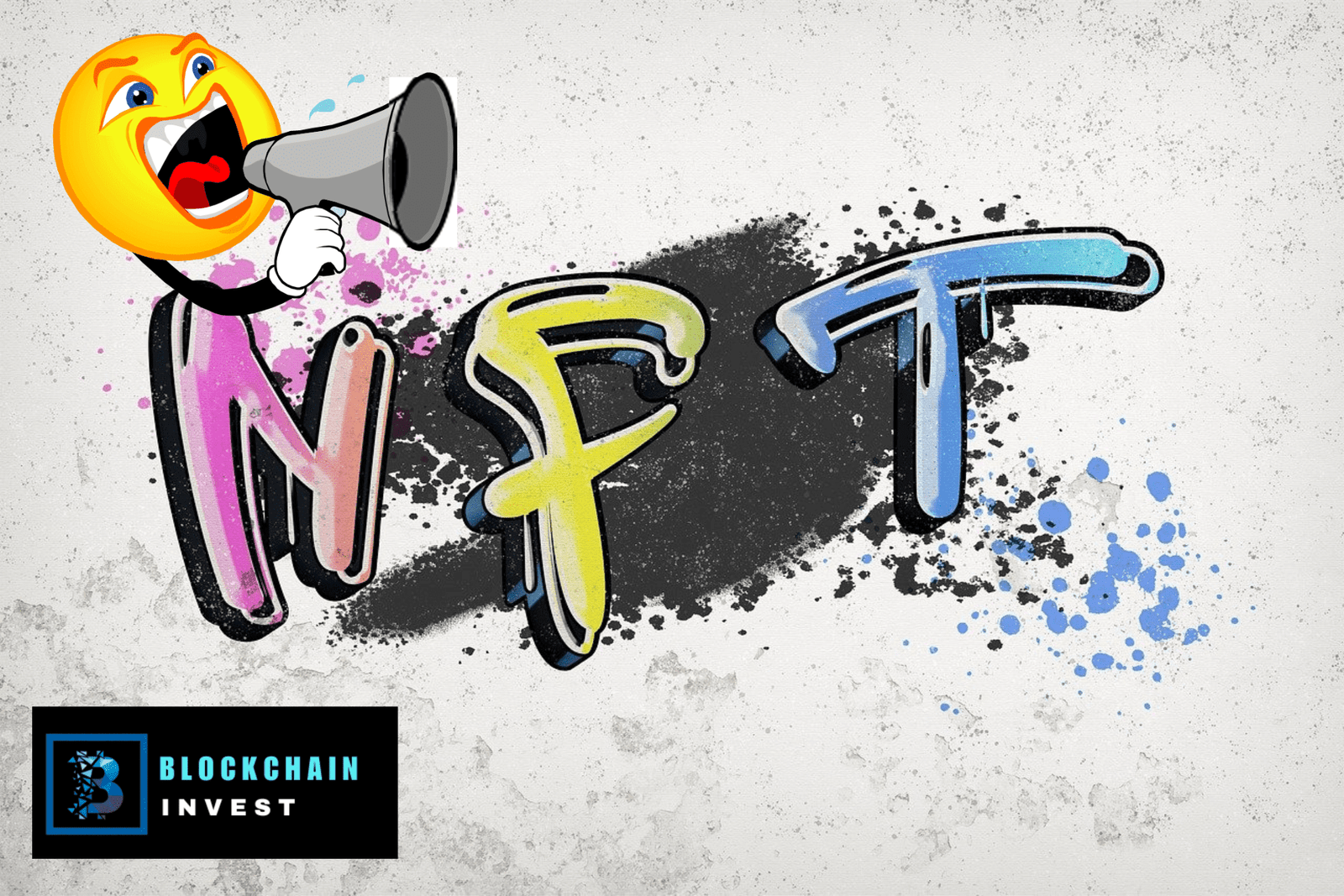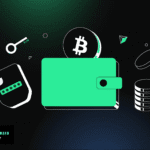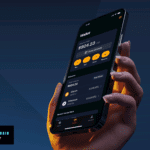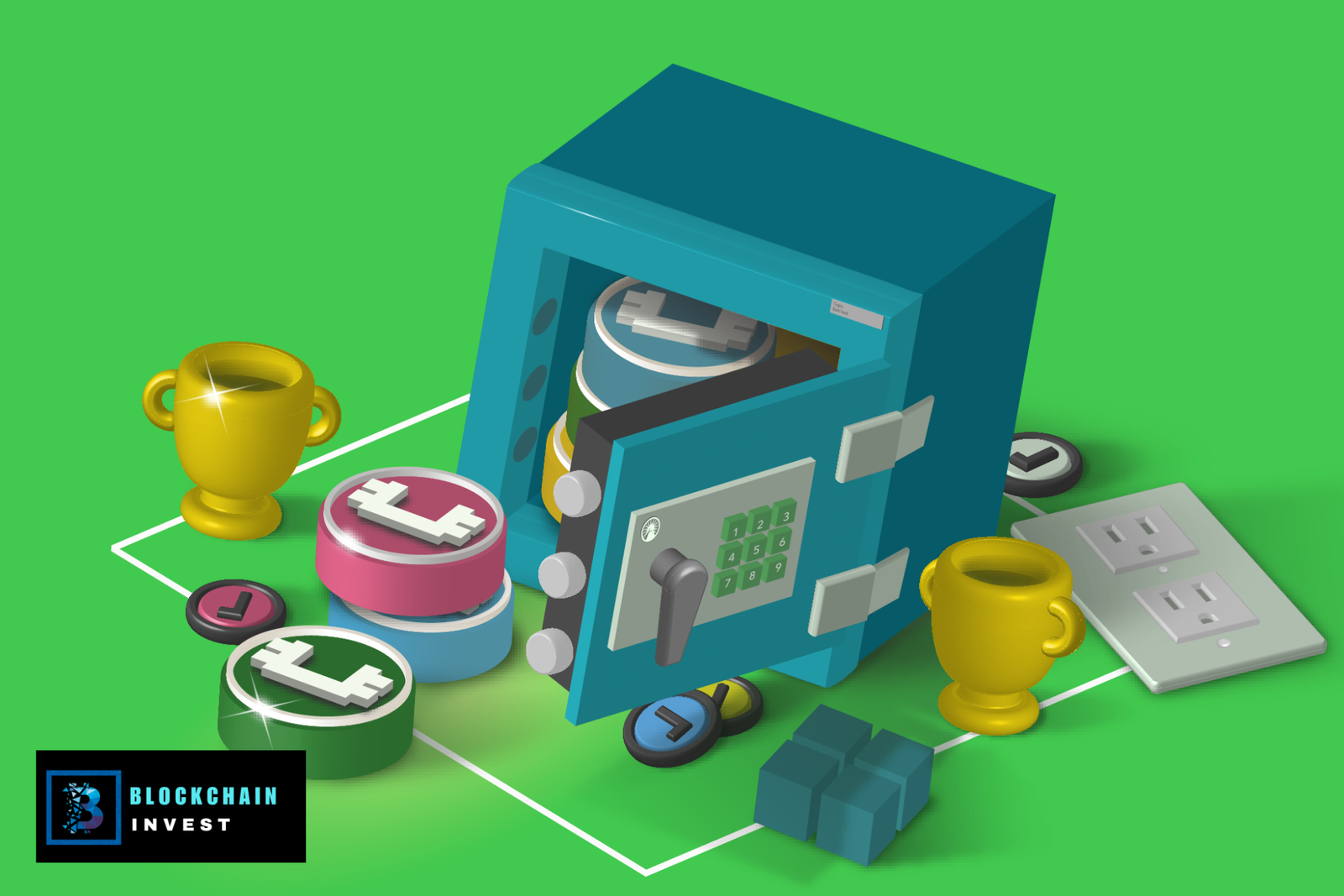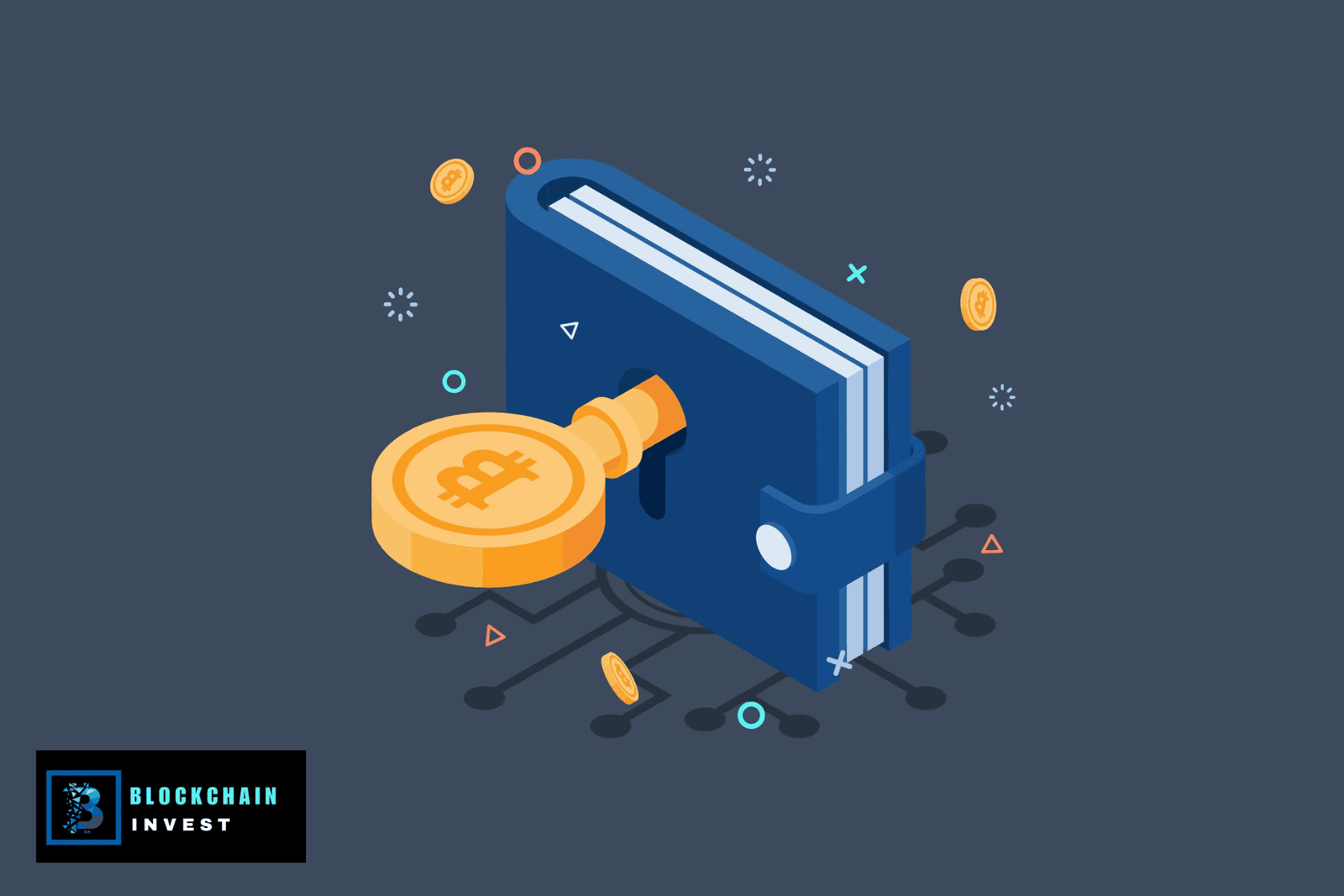Best Non-Custodial Wallets for Beginners: Secure Your Crypto Easily
Here’s What’s Inside This Blog Post1 Getting Started with Non-Custodial Wallets1.1 What is a Non-Custodial Wallet?1.2 Importance Of Non-custodial
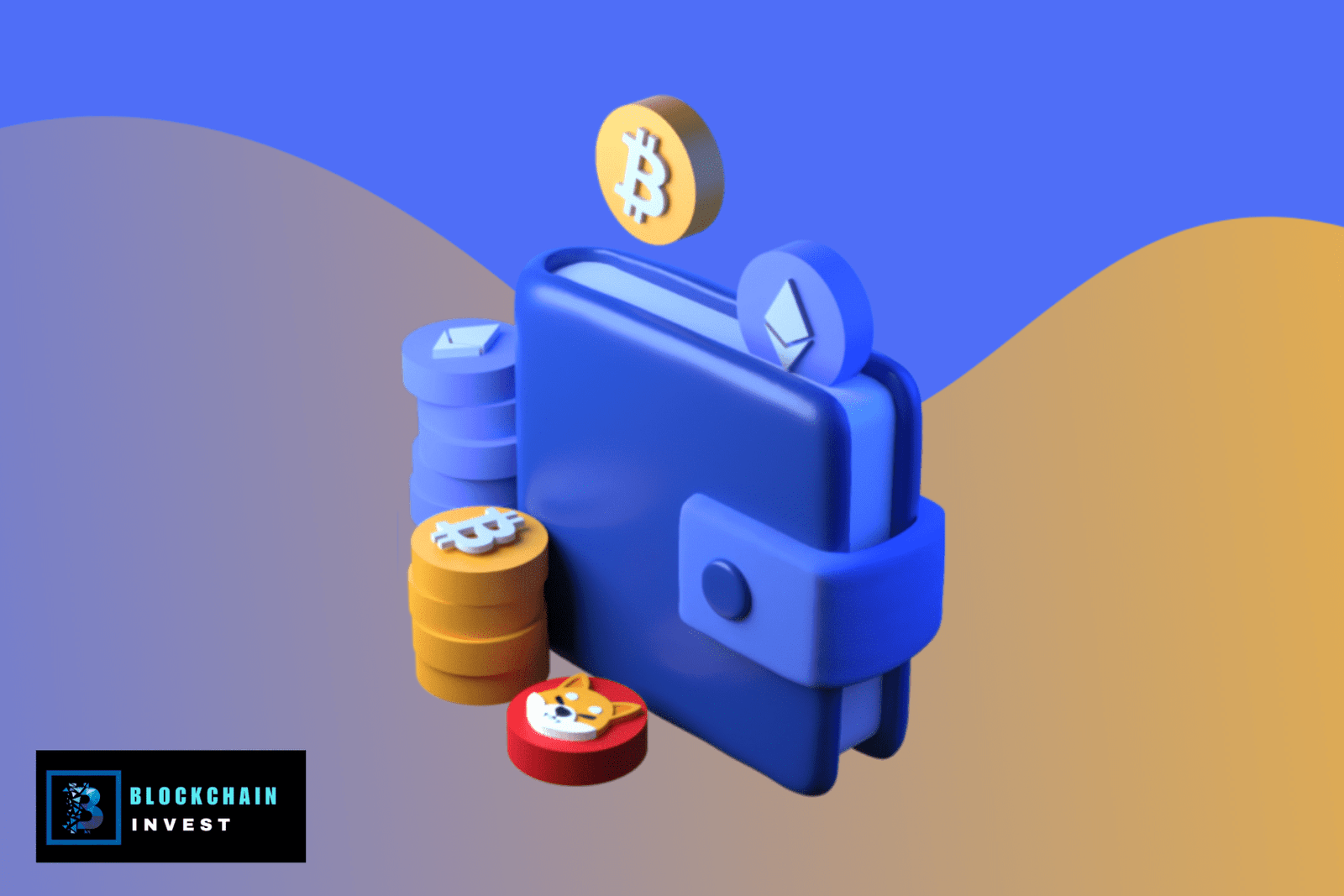
Here’s What’s Inside This Blog Post
- 1 Getting Started with Non-Custodial Wallets
- 2 Benefits Of Non-custodial Wallets
- 3 Key Features To Look For
- 4 Top Non-custodial Wallets For Beginners
- 4.1 1. Trust Wallet – Easy for Everyone
- 4.2 2. MetaMask – Popular for Ethereum and DeFi
- 4.3 3. Coinomi – Great for Multi-Asset Support
- 4.4 4. Exodus Wallet – Beginner-Friendly with Beautiful Design
- 4.5 5. Atomic Wallet – All-in-One Crypto Tool
- 4.6 6. SafePal – Secure Wallet with Hardware Option
- 4.7 7. Zengo: No Seed Phrase Stress
- 5 Setting Up Your Non-custodial Wallet
- 6 Securing Your Wallet
- 7 Managing Your Crypto
- 8 Common Mistakes To Avoid
- 9 Frequently Asked Questions
- 10 Conclusion
New to crypto? Then security should be your top priority. One smart step? Use a non-custodial wallet. This type of wallet puts you in full control and security. No third party. No one else holds your private keys. Just you.
For beginners, choosing the right non-custodial wallet can be challenging. These wallets give you full control over your private keys and funds, making them a secure choice for managing cryptocurrencies. Unlike custodial wallets, you don’t rely on a third party to manage your assets.
This means you are responsible for your own security, but it also means greater privacy and autonomy. As a newcomer to the crypto world, understanding the benefits and features of non-custodial wallets can help you make informed decisions and keep your investments safe.
But which ones are beginner-friendly? Let’s break it down the best options available for beginners.

Getting Started with Non-Custodial Wallets
Jumping into the world of cryptocurrency can be both exciting and overwhelming, especially if you are new to the concept of digital wallets. If you’re looking to take control of your own crypto assets, understanding non-custodial wallets is a great place to start. These wallets give you full control over your funds, providing a secure and private way to manage your cryptocurrency investments.
What is a Non-Custodial Wallet?
Non-custodial wallets are digital wallets that allow you to manage your cryptocurrency without relying on a third party. This means you hold the private keys to your wallet, giving you complete control over your funds. Think of it as having the keys to your own safe rather than storing your valuables in someone else’s vault.
These wallets come in various forms, including software wallets, hardware wallets, and even paper wallets. Each type has its own set of features and security measures. For instance, a hardware wallet like Ledger or Trezor keeps your private keys offline, making it extremely secure against online threats. Why use it? Because exchanges can freeze or lose your funds. Non-custodial wallets give you freedom. And safety.
Importance Of Non-custodial Wallets
Having a non-custodial wallet is crucial for anyone who values privacy and security. When you control your private keys, you eliminate the risk of a third party being hacked and losing your funds. This level of security is especially important in the volatile world of cryptocurrency.
Additionally, non-custodial wallets allow you to participate in decentralized finance (DeFi) activities, such as staking and lending, without needing permission from a central authority. This opens up a world of opportunities for you to grow your investments in a decentralized manner.
On a personal note, the first time I used a non-custodial wallet, I felt a sense of empowerment. Knowing that I had full control over my assets gave me peace of mind. It made me wonder—how much more secure would the digital world be if everyone took this step?
So, are you ready to take control of your crypto journey? Understanding and using a non-custodial wallet could be your first big step towards financial freedom in the digital age.
Benefits Of Non-custodial Wallets
Non-custodial wallets offer several advantages for beginners in the world of cryptocurrency. These wallets provide users with more control and security over their digital assets. Let’s explore some of the key benefits of using non-custodial wallets.
Enhanced Security
Non-custodial wallets are known for their high security level. Users have their private keys, which means only they can access their funds. This reduces the risk of hacking or theft compared to custodial wallets. Hackers often target custodial wallets because they store many users’ funds. With non-custodial wallets, each user is responsible for their own security.
Full Control Over Funds
Having full control over your funds is a significant benefit of non-custodial wallets. Users can make transactions without needing approval from a third party. This means you can transfer or use your cryptocurrency anytime. There are no restrictions or limits imposed by a service provider. You are in charge of your assets. This freedom is especially important for those who value privacy and autonomy.
Key Features To Look For
Choose a non-custodial wallet with strong security features. Ensure it has an easy-to-use interface. Look for compatibility with multiple cryptocurrencies.
When choosing the best non-custodial wallet as a beginner, it’s crucial to understand the key features that will help you manage your digital assets securely and efficiently. Let’s dive into the essential aspects you should consider to ensure you pick a wallet that suits your needs.
User-friendly Interface
A user-friendly interface is vital, especially for beginners. You don’t want to struggle with a complex dashboard when you’re just starting out. Look for wallets that offer intuitive navigation and easy access to features.
Many wallets provide step-by-step guides to help you through the setup process. This can significantly reduce your learning curve. For instance, wallets like Exodus and Trust Wallet are known for their clean design and simplicity.
Strong Encryption
Strong encryption is non-negotiable. Your wallet should employ advanced encryption standards to protect your funds and personal information. Make sure the wallet you choose uses end-to-end encryption for all transactions.
Check if the wallet offers additional security measures like two-factor authentication (2FA). This adds an extra layer of security. For instance, wallets like Ledger and Trezor are renowned for their high-level security features.
Always remember, your wallet’s security is paramount. Would you trust a safe without a sturdy lock? Similarly, never compromise on encryption when it comes to digital wallets.
By focusing on these key features, you can ensure a smooth and secure experience with your non-custodial wallet. What features do you think are most important in a wallet? Let us know in the comments!

Top Non-custodial Wallets For Beginners
Discover the best non-custodial wallets for beginners. These easy-to-use wallets ensure your crypto stays secure and under your control. Perfect for those new to cryptocurrency.
When you are new to the world of cryptocurrencies, selecting the right wallet can be overwhelming. Non-custodial wallets are a great choice for beginners because they give you full control over your digital assets. You don’t have to rely on a third party to manage your private keys. This ensures your assets are more secure and private. Let’s take a closer look at some of the best non-custodial wallets for beginners.
1. Trust Wallet – Easy for Everyone
- Owned by Binance, but fully non-custodial.
- Supports 70+ blockchains and thousands of tokens.
- Built-in DApp browser for Web3 features.
- Simple setup. Perfect for first-timers.
📱 Available on: Android and iOS
2. MetaMask – Popular for Ethereum and DeFi
- Great for Ethereum-based tokens and apps.
- Easy browser extension and mobile app.
- You hold your keys. No sign-up required.
- Connects to DeFi, NFTs, and Web3 easily.
📱 Available on: Android, iOS, Chrome, Firefox
3. Coinomi – Great for Multi-Asset Support
- One wallet, many coins.
- Supports over 125 blockchains.
- Simple layout. Quick to learn.
- Built-in exchange for fast token swaps.
📱 Available on: Android, iOS, Desktop
4. Exodus Wallet – Beginner-Friendly with Beautiful Design
- Sleek design with easy tools.
- Holds Bitcoin, Ethereum, Solana, and more.
- Built-in exchange and real-time charts.
- Also offers a desktop version.
📱 Available on: Android, iOS, Mac, Windows
5. Atomic Wallet – All-in-One Crypto Tool
- Stores 1,000+ assets.
- Built-in buying, swapping, and staking.
- Non-custodial. You keep the keys.
- Great support and clear interface.
📱 Available on: Android, iOS, Desktop
6. SafePal – Secure Wallet with Hardware Option
- Backed by Binance Labs.
- Offers both software and hardware wallets.
- Good for mobile users and hardware lovers.
- Supports NFTs, DeFi, and tokens.
📱 Available on: Android, iOS
7. Zengo: No Seed Phrase Stress
Zengo is unique and beginner-friendly. No seed phrase to memorize. Uses multi-party computation for security. Available on iOS and Android. Supports Bitcoin, Ethereum, and more. Setup is fast and free. No hacks reported as of 2025. Perfect for newbies. So easy!
Setting Up Your Non-custodial Wallet
Setting up a non-custodial wallet ensures full control over your crypto assets. Beginners should consider options like Trust Wallet or MetaMask for ease of use and security. These wallets provide simple interfaces and strong security features.
Setting up your non-custodial wallet is an essential step for anyone diving into the world of cryptocurrencies. Unlike custodial wallets, non-custodial wallets give you full control over your funds. This means you hold the private keys to your assets, ensuring greater security and autonomy. Let’s walk through the process of setting up your wallet, from downloading it to creating a new one.
Download And Installation
First, you need to download a reputable non-custodial wallet. Some popular options include Trust Wallet, MetaMask, and Exodus.
Go to the official website or your app store. Search for the wallet by name.
Click the download button. Once the download is complete, open the application to start the installation process.
Follow the on-screen instructions. These usually involve granting necessary permissions and agreeing to the terms of service.
Creating A New Wallet
Now that the wallet is installed, it’s time to create a new one.
Open the app and look for the ‘Create New Wallet’ option. Click on it.
You’ll be prompted to set a strong password. Choose something unique and secure.
Next, you’ll receive a recovery phrase. This is crucial. Write it down on paper and store it safely. This phrase is your key to accessing your funds if you lose your device.
Confirm the recovery phrase by re-entering it. This ensures you’ve noted it correctly.
Your wallet is now set up and ready for use. You can start adding funds and exploring the world of cryptocurrencies.
Setting up a non-custodial wallet is straightforward and empowering. Are you ready to take control of your crypto assets?
Securing Your Wallet
Discover the best non-custodial wallets for beginners. Control your funds and keep your crypto secure. Start your journey with ease and peace of mind.
When it comes to managing your cryptocurrency, securing your non-custodial wallet is paramount. A secure wallet means your hard-earned digital assets are safe from potential threats. Let’s dive into some crucial aspects of wallet security.
Backup And Recovery
Backing up your wallet is a simple yet vital step. Imagine losing your smartphone. Without a backup, your crypto funds could be gone forever. Always write down your seed phrase on paper, and store it in a safe place.
Consider using a fireproof safe. This adds an extra layer of protection. Avoid saving your backup digitally where hackers can easily access it.
Two-factor Authentication
Two-Factor Authentication (2FA) is your wallet’s best friend. It adds an extra step to your login process, making it harder for anyone to hack your account. Even if someone gets your password, they can’t get in without the second factor.
Google Authenticator is a popular choice for 2FA. It’s straightforward to set up and use. Just download the app and follow the instructions to link it to your wallet.
Doesn’t it feel better knowing your assets are secure? Implement these steps and sleep easy, knowing your crypto is safe.
Managing Your Crypto
Managing your crypto can seem complex at first. Non-custodial wallets offer a user-friendly way to take control of your assets. They provide security and ease of use for beginners. Let’s explore some key aspects of managing your crypto using non-custodial wallets.
Sending And Receiving Crypto
Sending and receiving crypto is straightforward with non-custodial wallets. First, open your wallet app. To send crypto, click on the “Send” button. Enter the recipient’s address and the amount you wish to send. Confirm the transaction by checking the details. Your crypto will then be on its way.
Receiving crypto is just as simple. Click on the “Receive” button. You will see your wallet address. Share this address with the sender. Once they send the crypto, it will appear in your wallet. Always double-check the address to avoid errors.
Monitoring Your Portfolio
Monitoring your portfolio is essential. Non-custodial wallets make it easy to keep track. Open your wallet app to view your assets. You can see the total value of your holdings. The app will display each cryptocurrency separately.
Many wallets provide real-time updates. You can see how your assets perform. Some even offer charts and graphs. These tools help you understand trends and make informed decisions.
Stay on top of your investments with regular check-ins. This will help you manage your crypto effectively. Non-custodial wallets give you the tools you need.
Common Mistakes To Avoid
Beginners often make mistakes with non-custodial wallets. These mistakes can lead to loss of funds. Being aware helps avoid these pitfalls. Let’s look at some common mistakes.
Sharing Your Private Key
Never share your private key with anyone. The private key is like a password. It grants access to your funds. If someone gets it, they can take your money. Always keep it secret. Write it down and store it safely. Do not save it on your computer or phone. Hackers can find it there.
Ignoring Security Updates
Security updates are required. They fix bugs and improve safety. Ignoring them can put your funds at risk. Always update your wallet software when prompted. Regular updates keep your wallet secure. Check for updates from official sources only. Avoid third-party updates. They may contain malware.
Frequently Asked Questions
What Is The Best Self Custody Wallet For Beginners?
The best self-custody wallet for beginners is Trust Wallet. It offers user-friendly features and strong security.
Which Wallet Is Best For Beginners?
The best wallet for beginners is the Coinbase Wallet. It is user-friendly, secure, and supports various cryptocurrencies.
What Is The Best Non Custodial Wallet For iPhone?
The best non-custodial wallet for iPhone is Trust Wallet. It supports multiple cryptocurrencies and offers strong security features.
What Is An Erc 20 Non-custodial Wallet?
An ERC 20 non-custodial wallet allows users to control and manage their Ethereum tokens securely. It does not store private keys, ensuring complete user control over their assets.
Conclusion
MetaMask is best for Ethereum lovers. Trust Wallet shines on mobile. Coinbase Wallet is super simple. Zengo skips seed phrase worries. Exodus works everywhere.
All of these wallets offer control over your funds. They provide security and privacy. Start with a user-friendly wallet. Look for good reviews and easy setup. Always back up your keys. This ensures you don’t lose access.
Pick one and start today! Your crypto deserves safety. Which will you choose?




